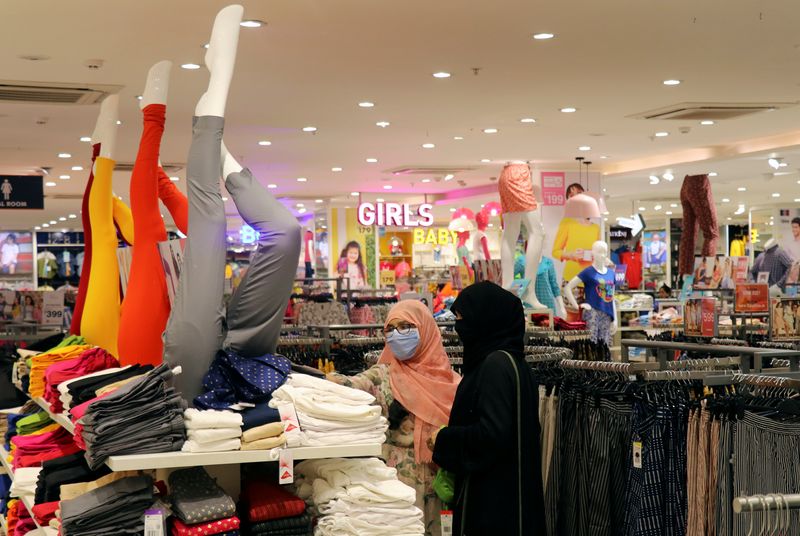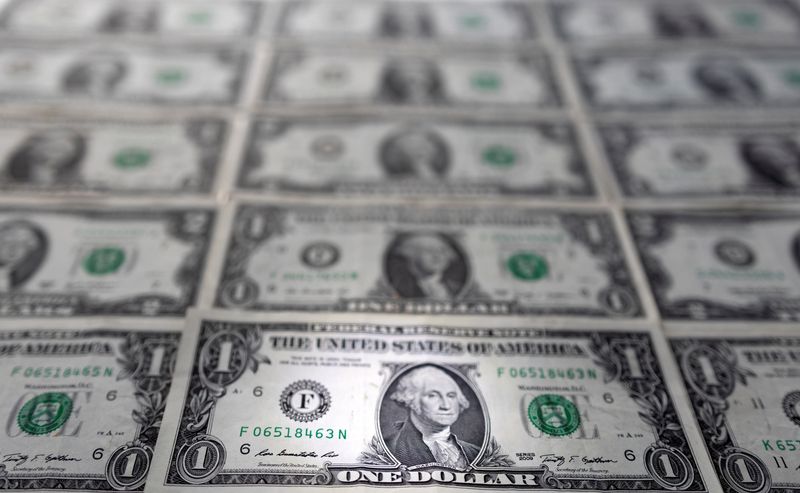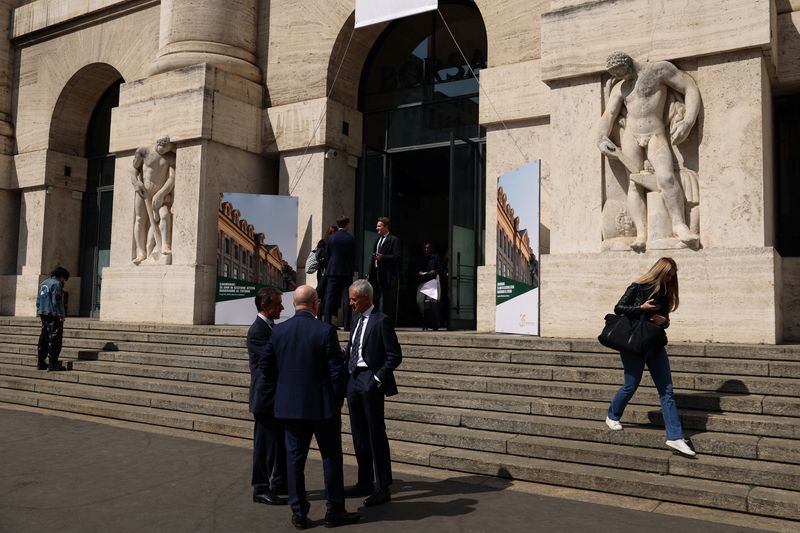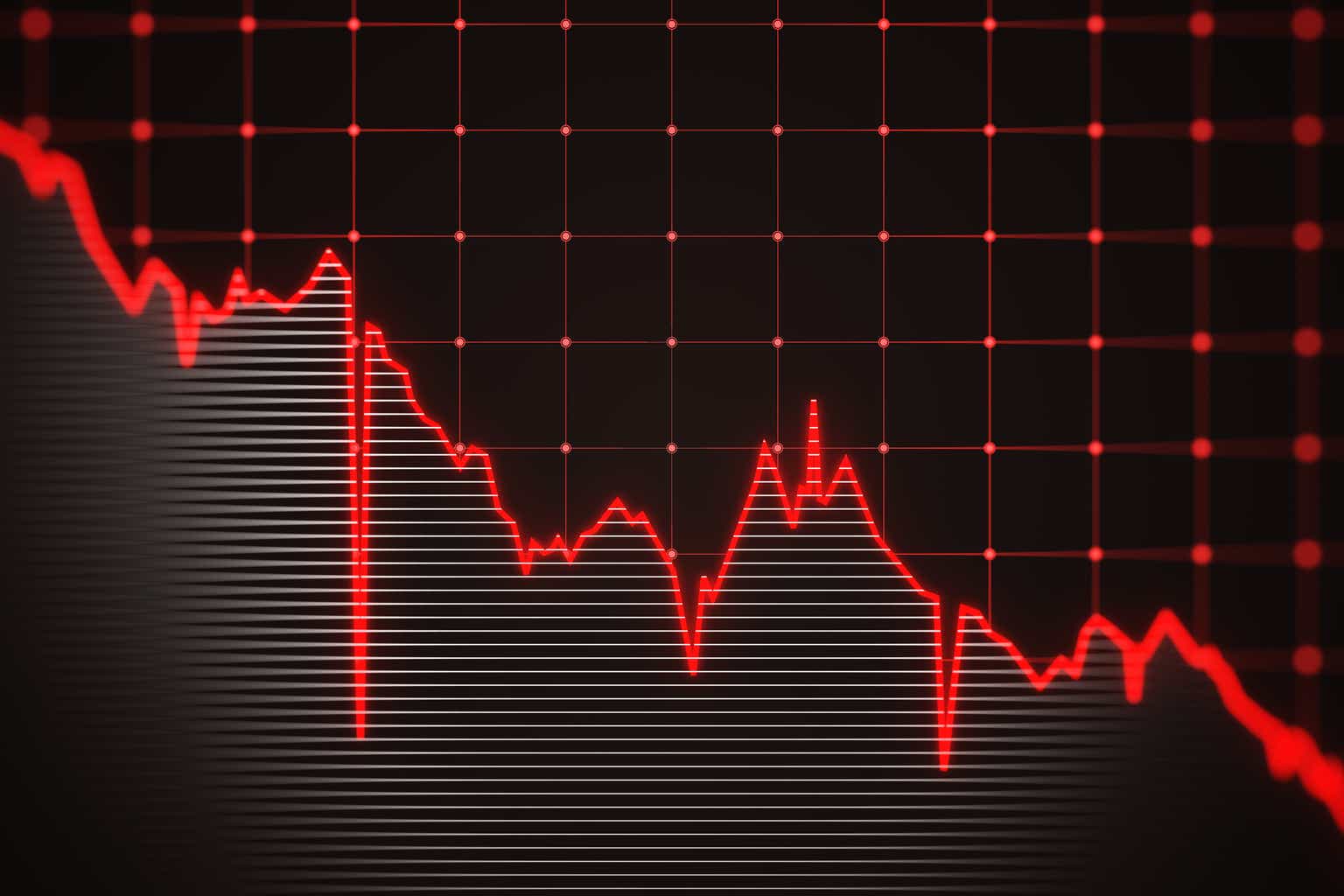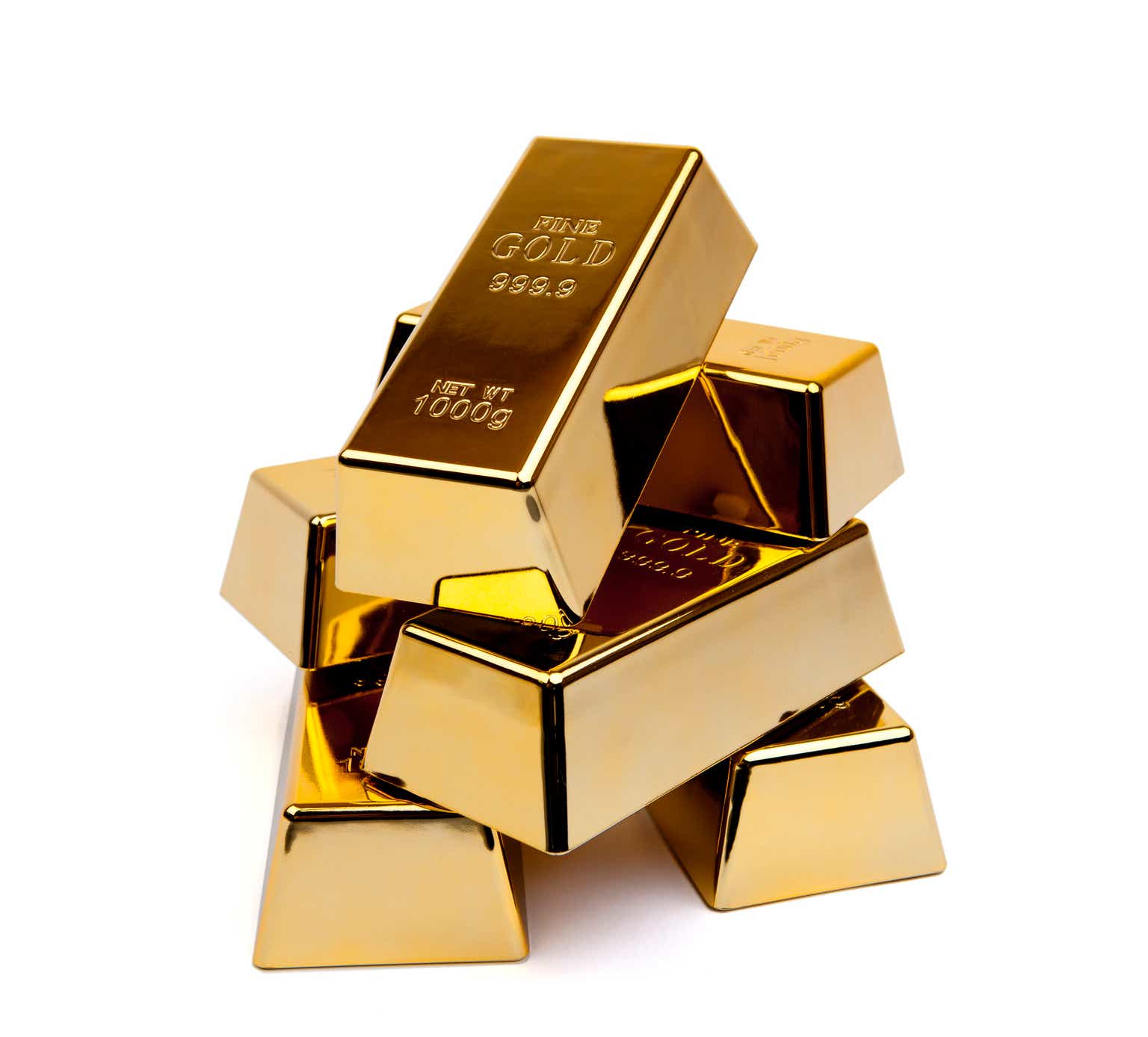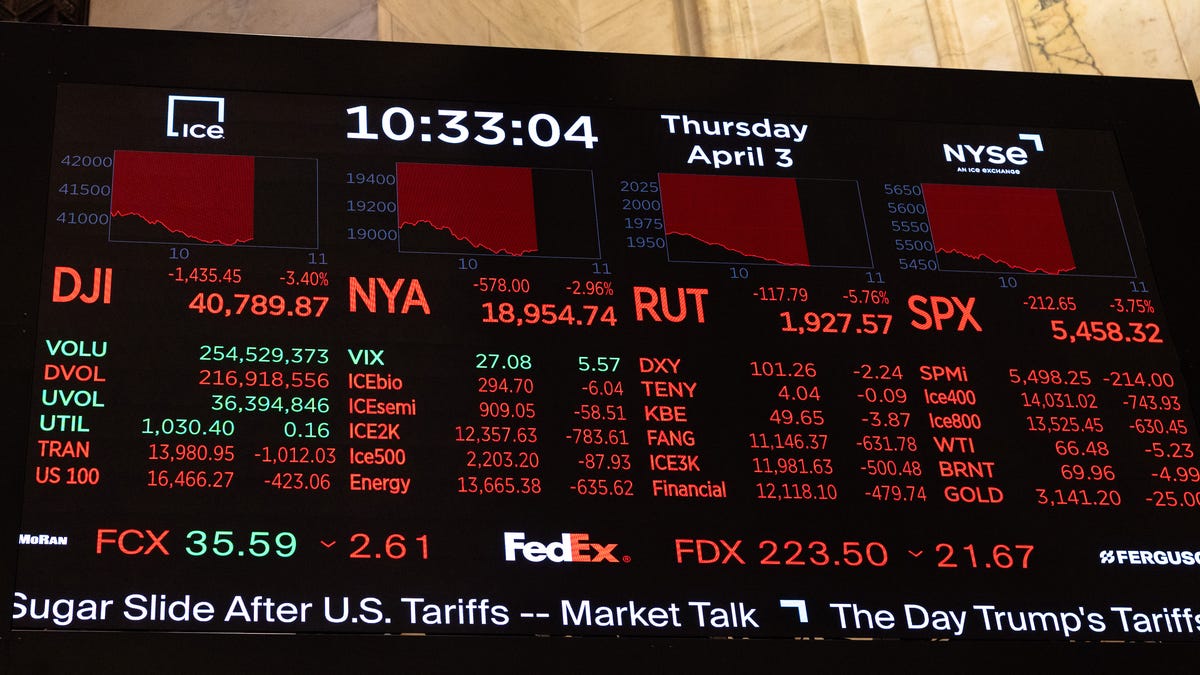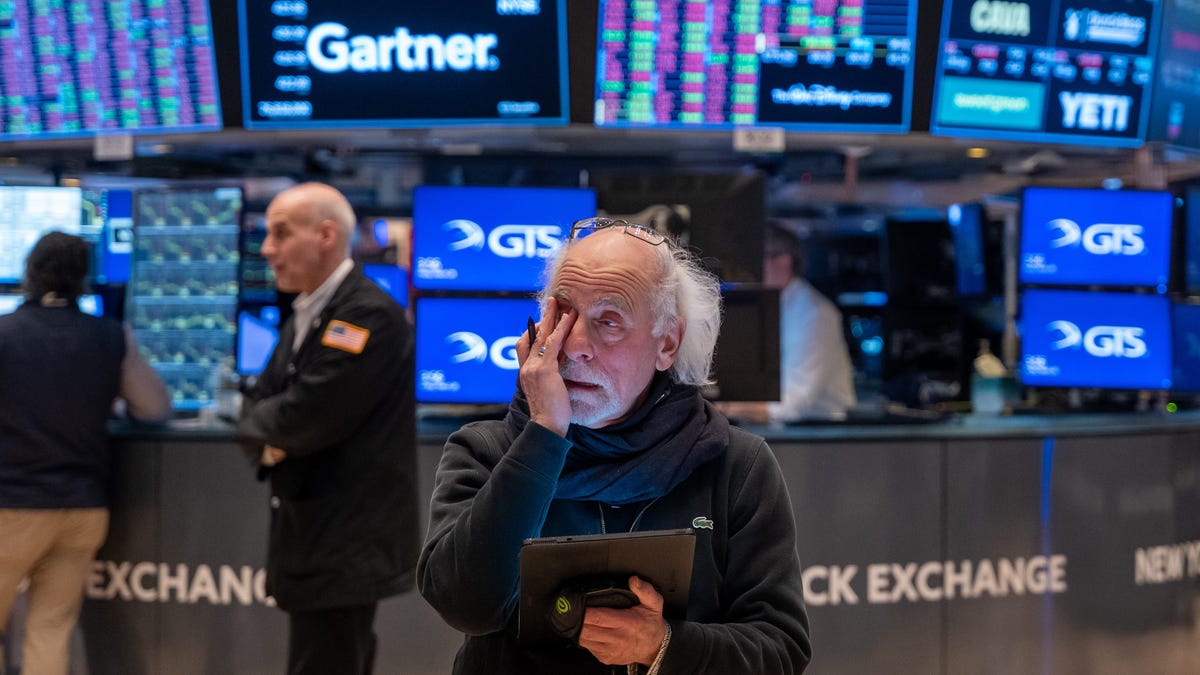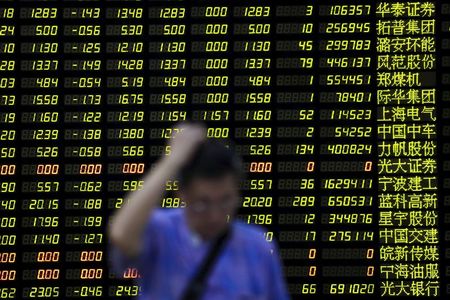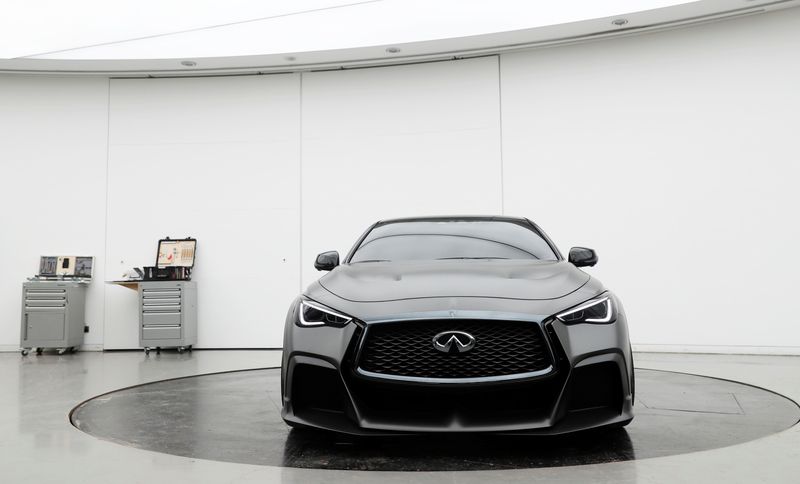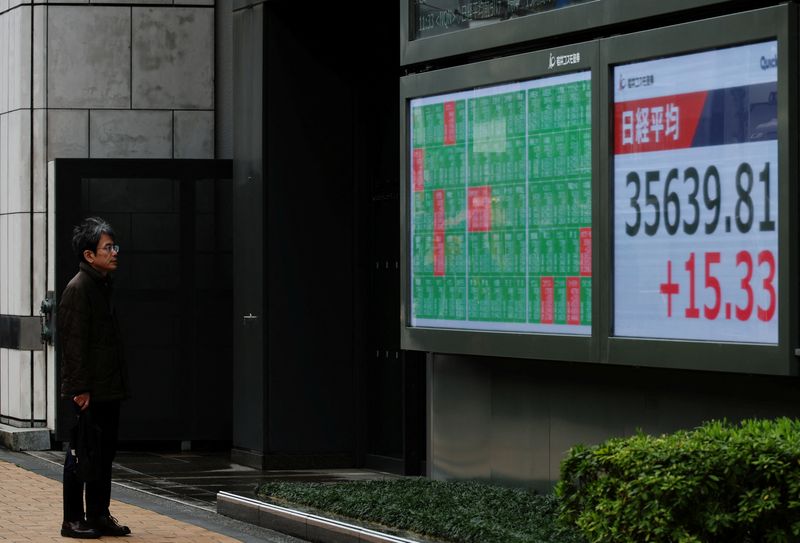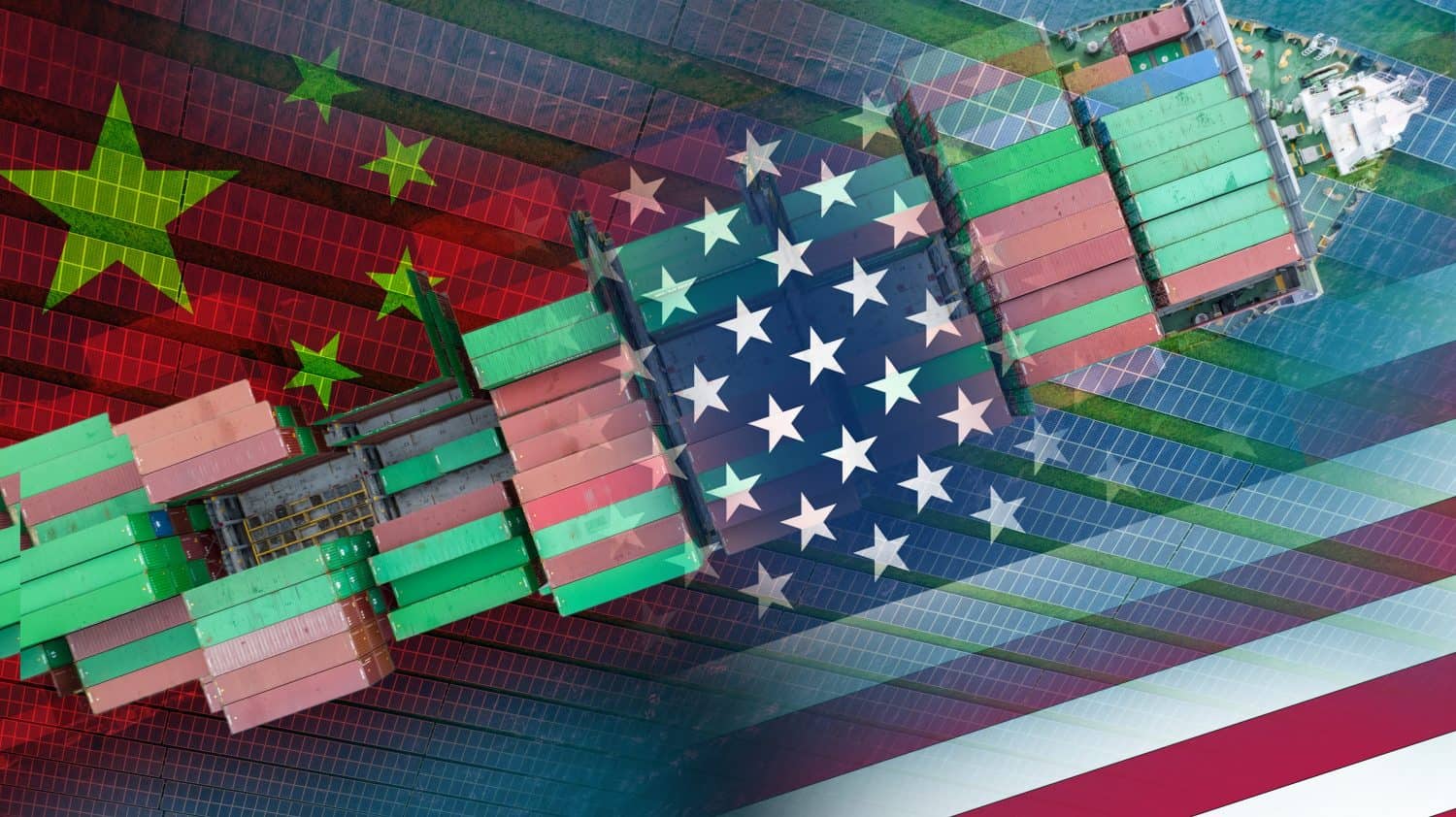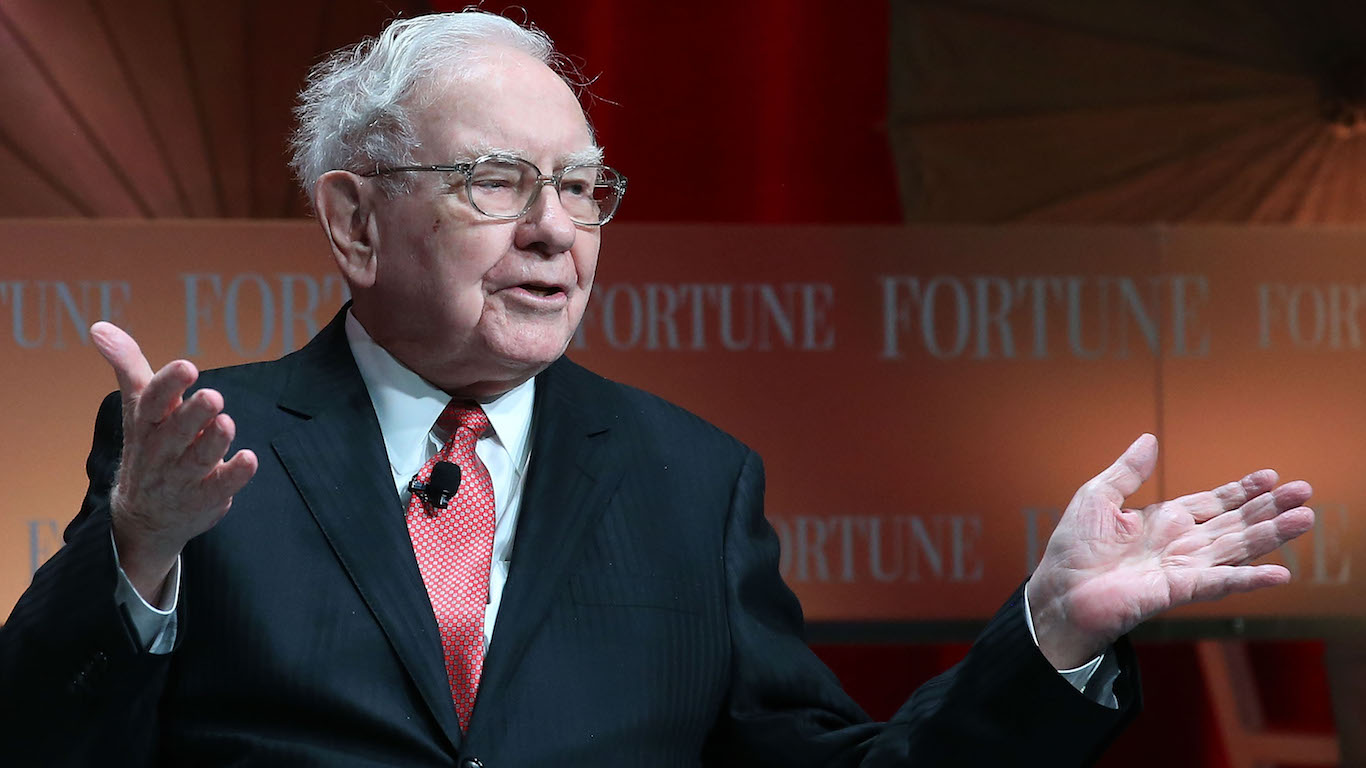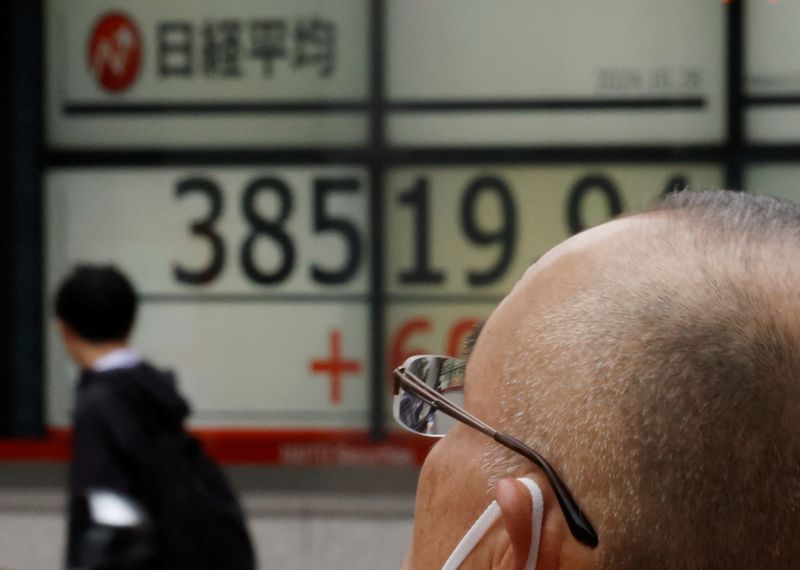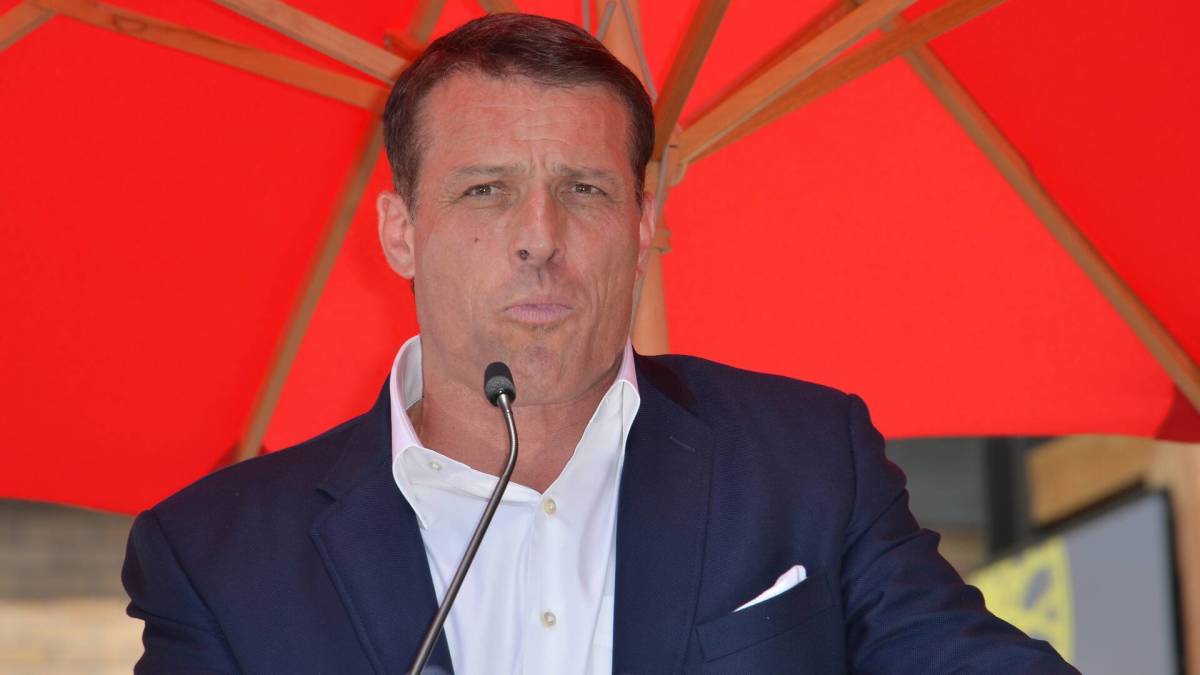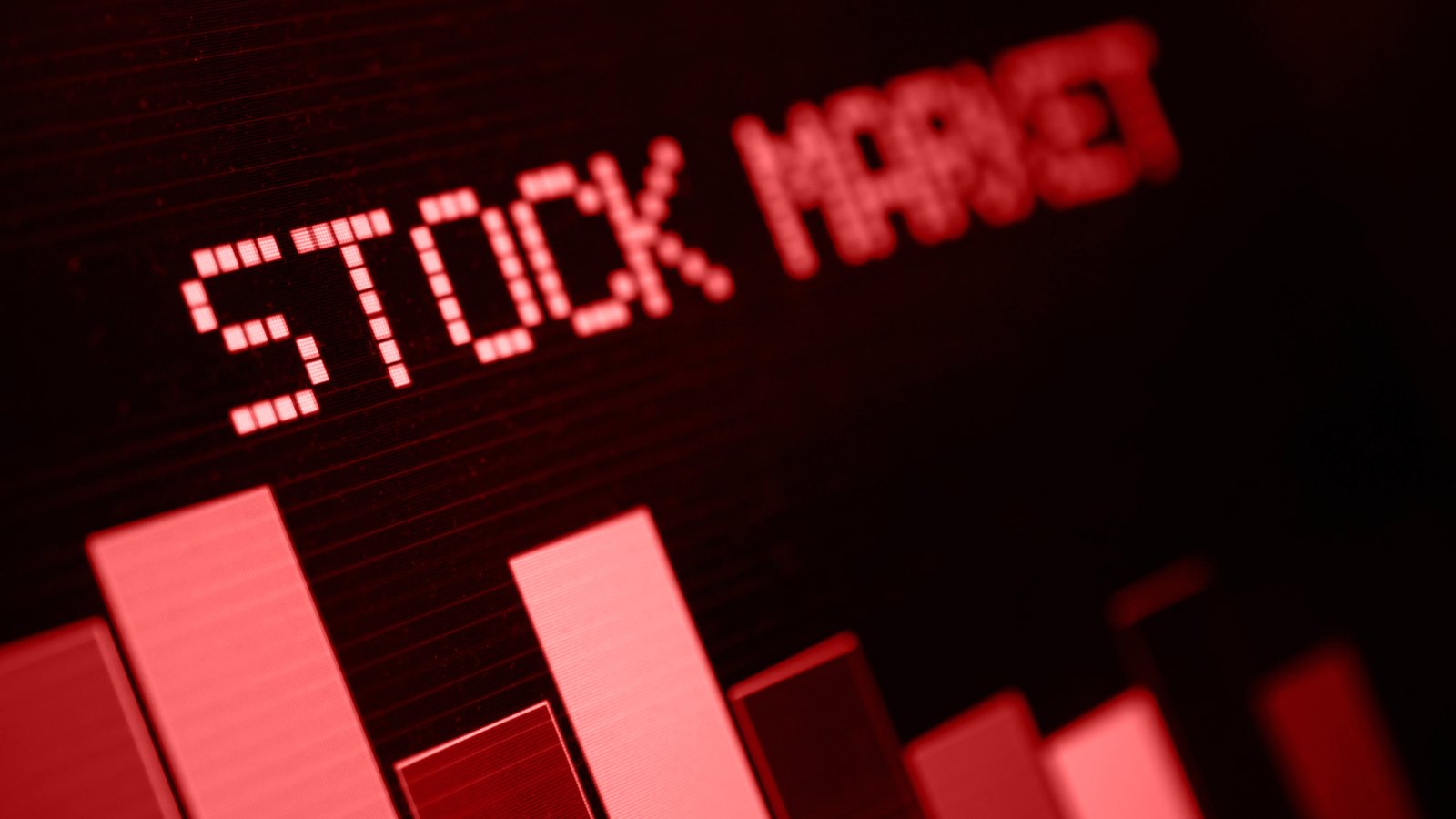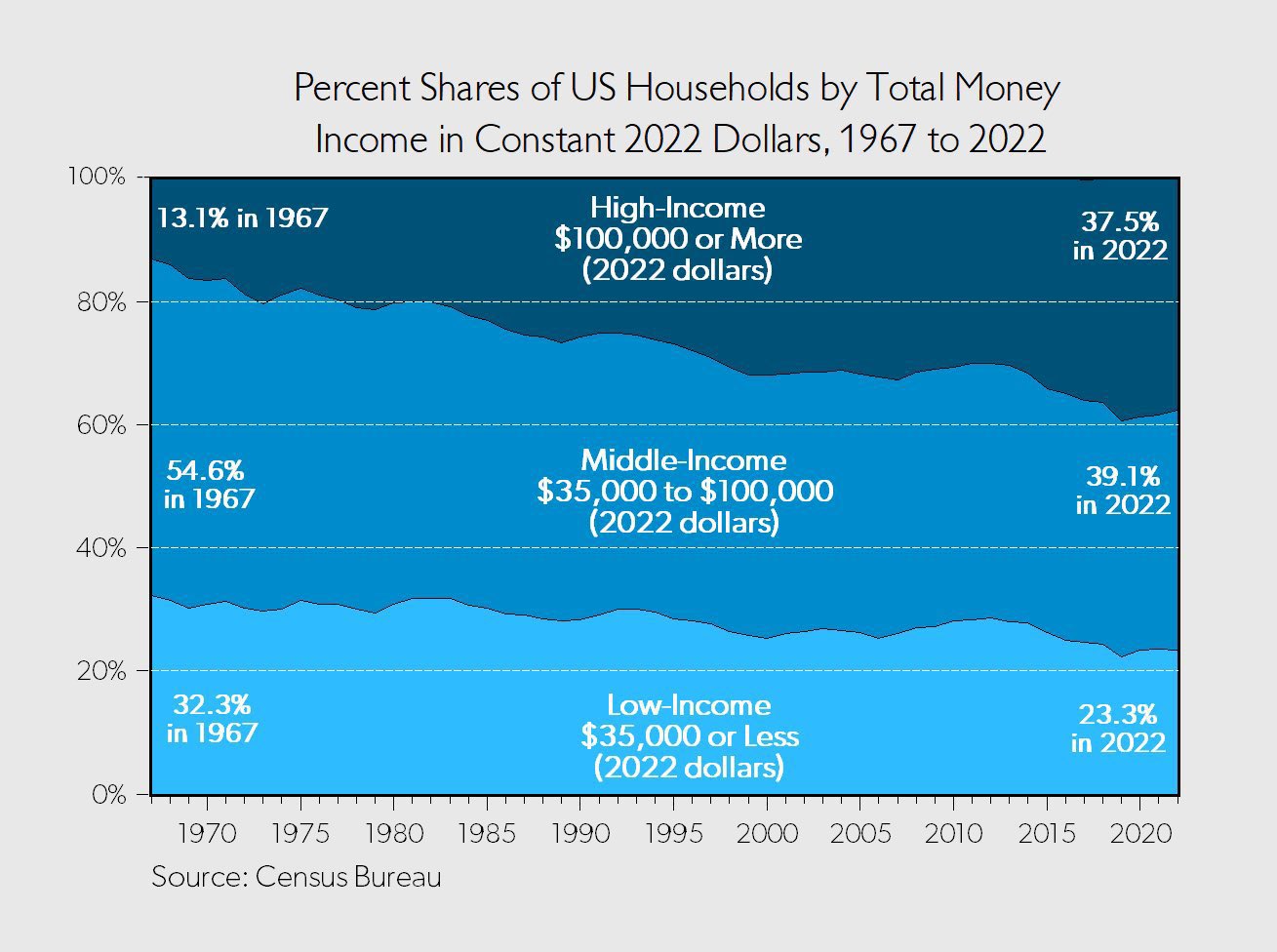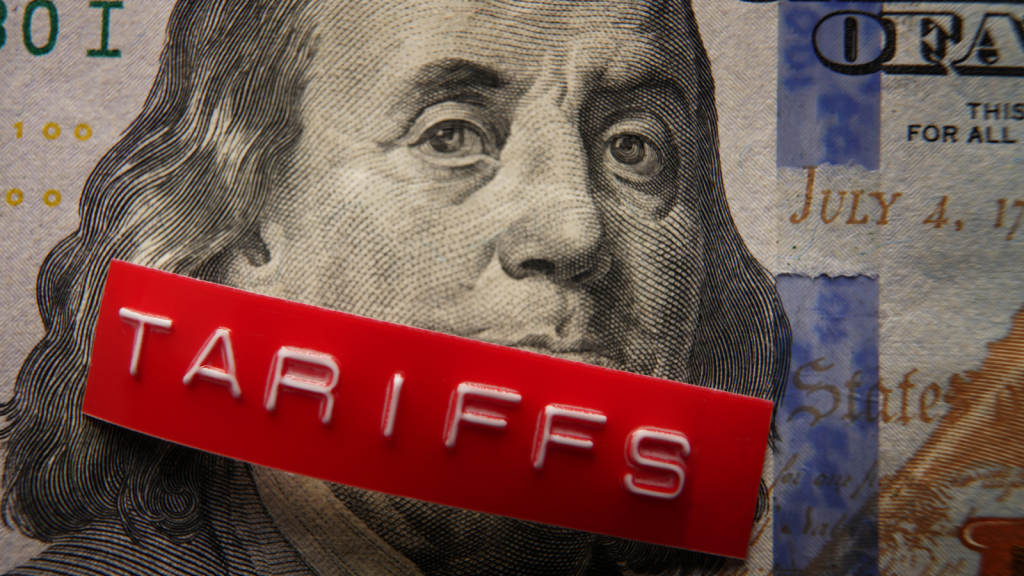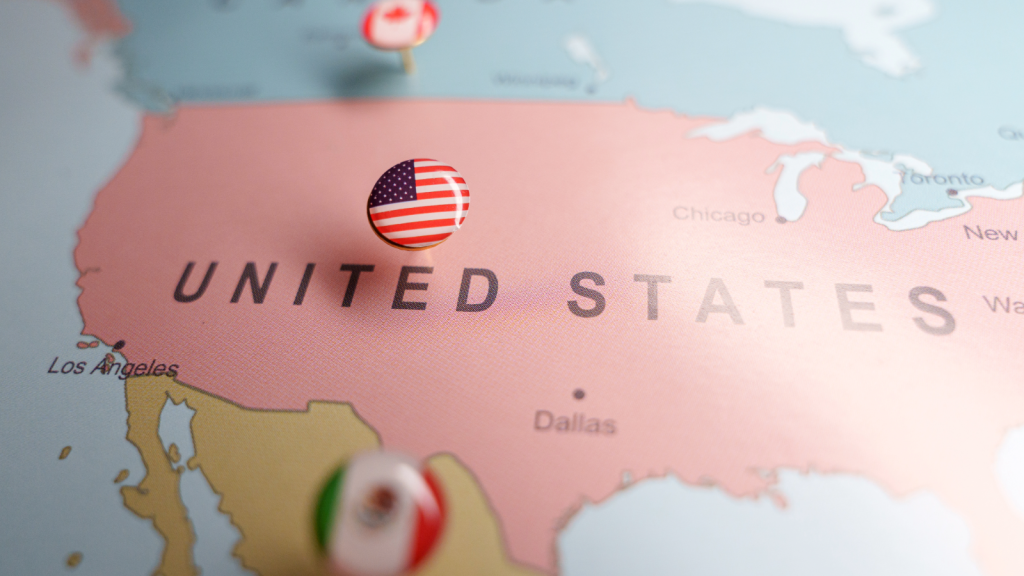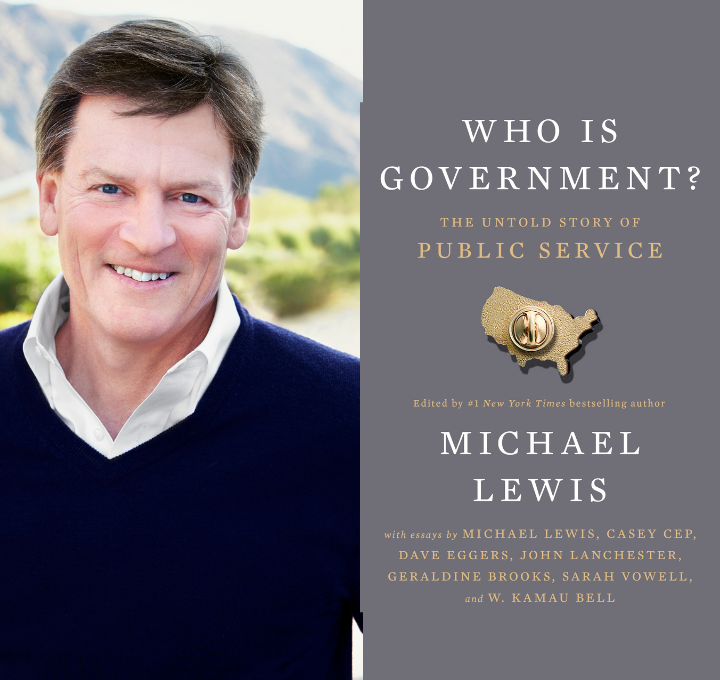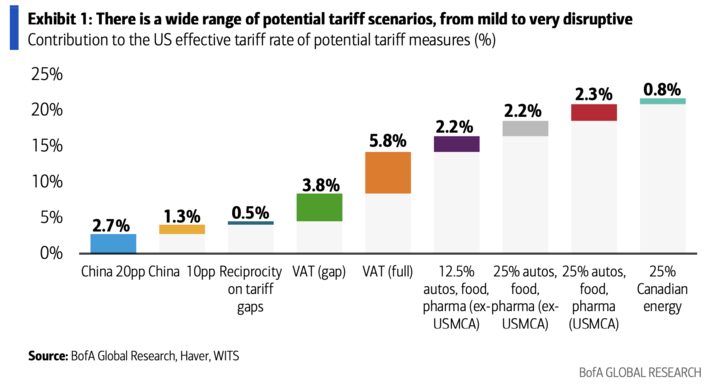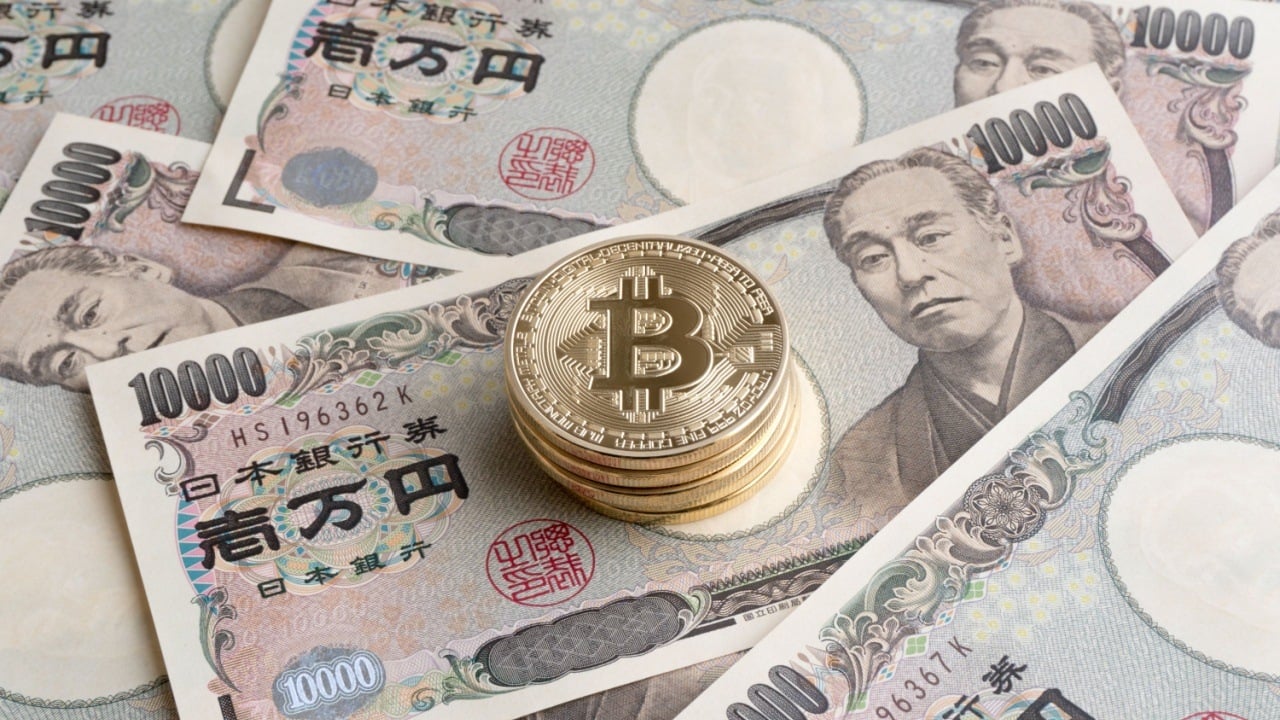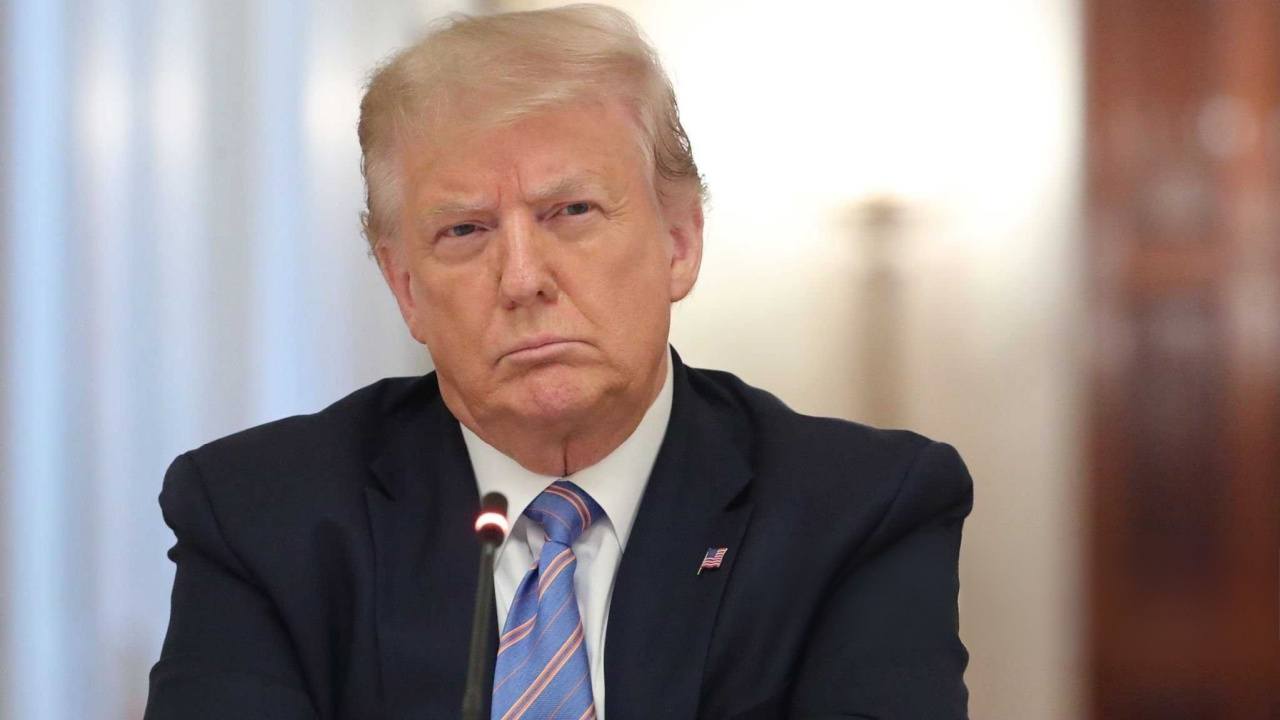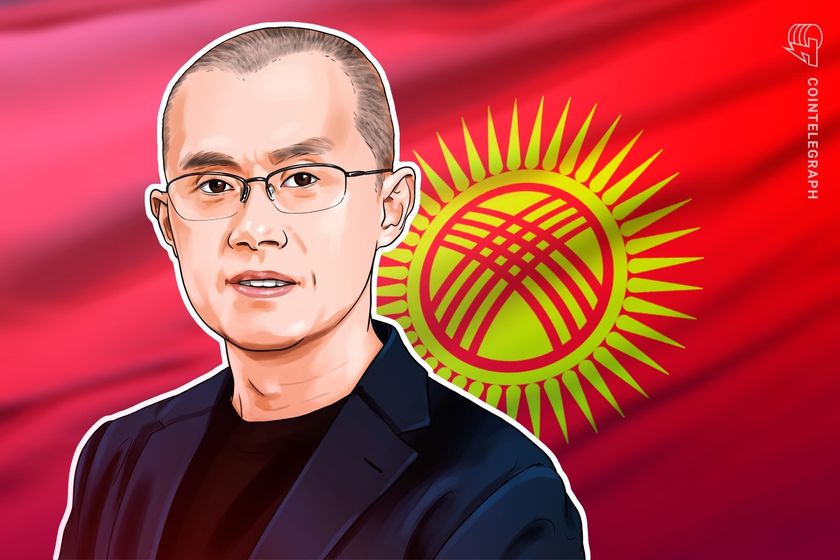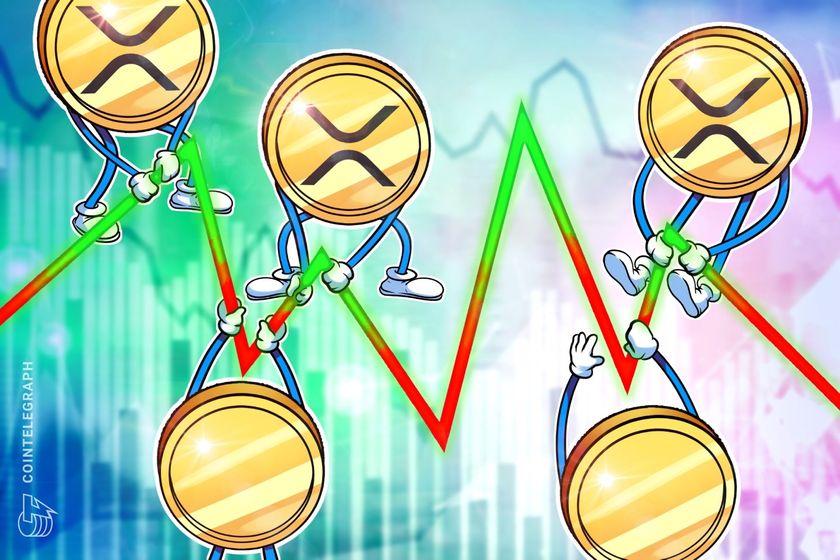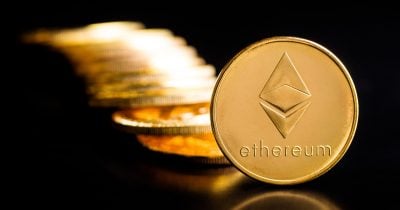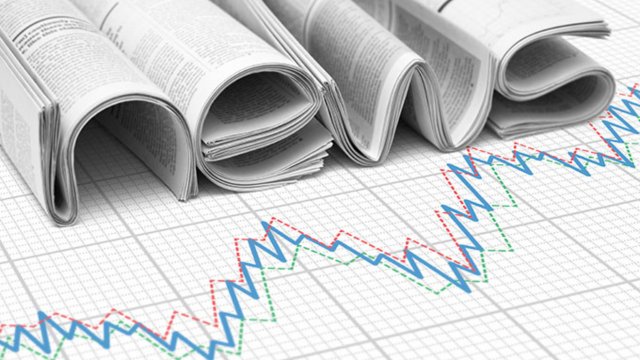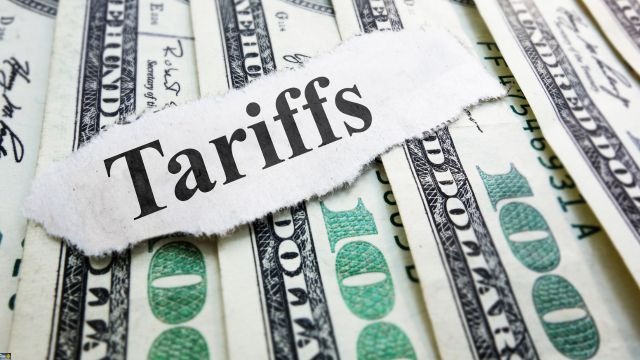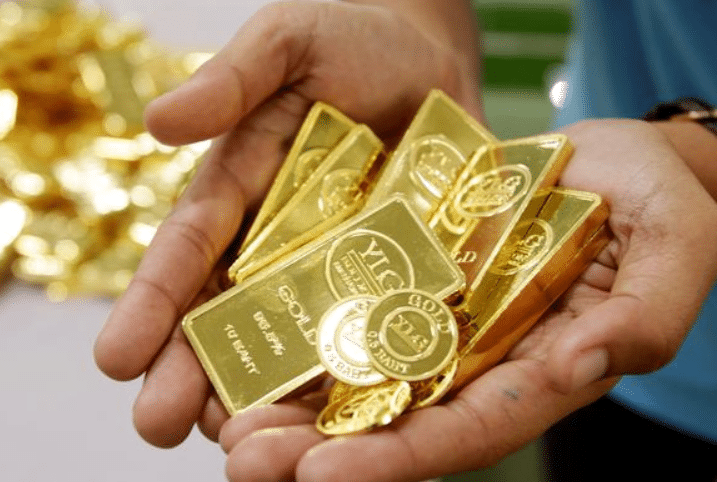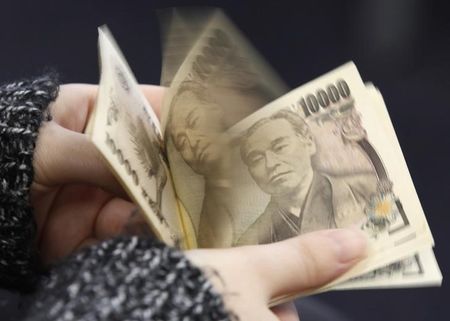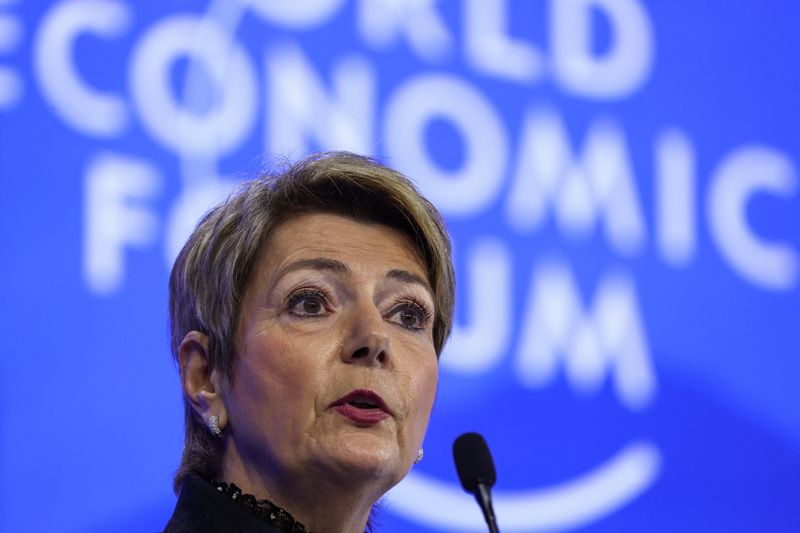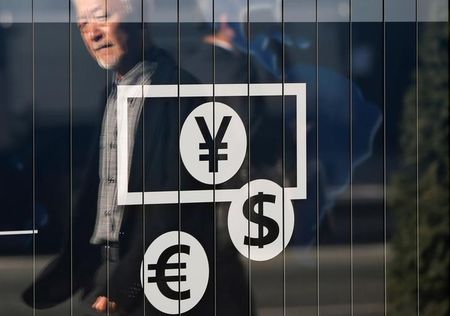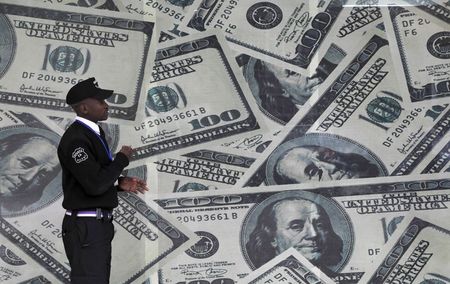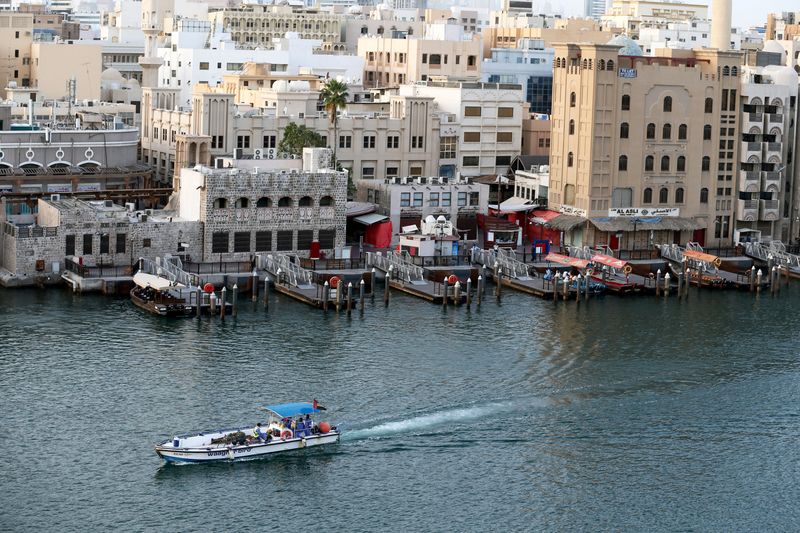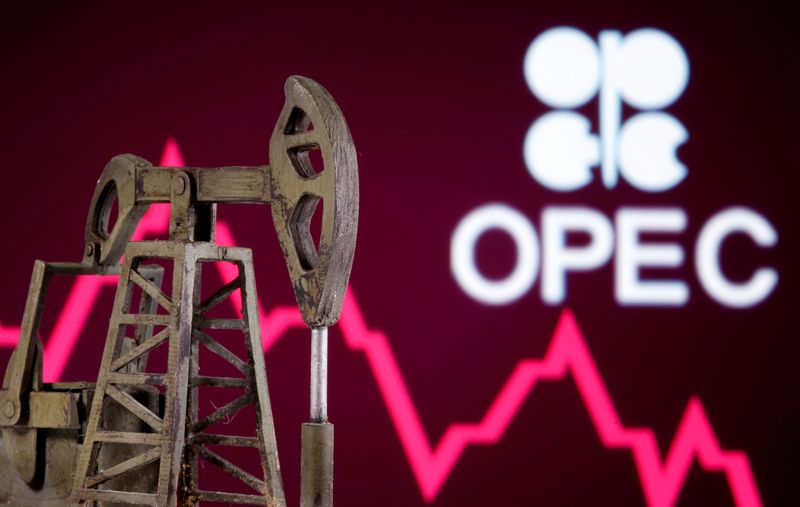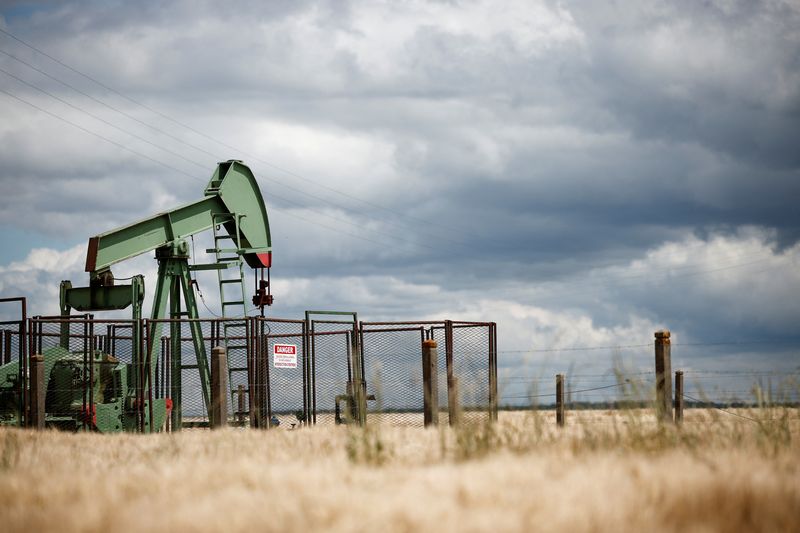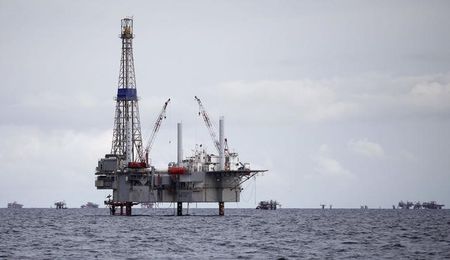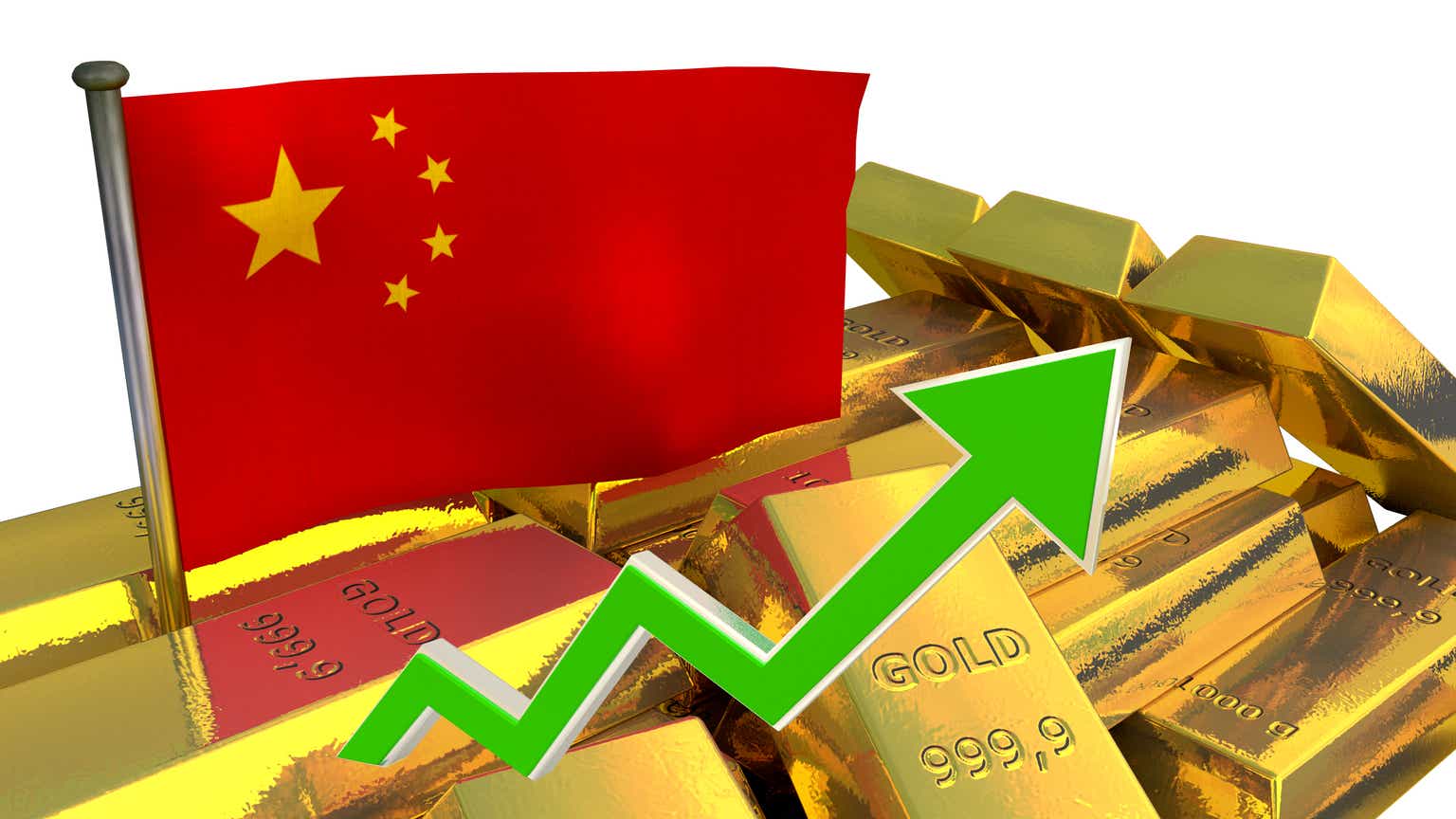The Philippines says it’ll ‘act fast and take advantage’ of its ‘advantageous position’ in a post-Trump tariff world
"As we have expected, the Philippines is among the least hit among key exporters to the U.S.," said the country's Department of Trade and Industry.

The Philippines reacted with "guarded optimism" Thursday to U.S. President Donald Trump's sweeping tariffs, saying higher rates placed on its neighbours could present an opportunity.
The longtime U.S. ally was hit with a reciprocal levy of 17%, though Manila's Department of Trade and Industry (DTI) noted the country ranked among "the least hit".
"As we have expected, the Philippines is among the least hit among key exporters to the U.S.," it said, noting significantly higher tariffs placed on Vietnam (46%), Thailand (36%) and Taiwan (32%).
"The new tariffs also put the Philippines in a more advantageous position... specifically for certain export products," said trade secretary Cristina Roque, citing coconuts as a possibility.
"The task at hand right now for DTI and other government agencies is how to act fast and take advantage of this new development," she said.
While the percentage of Philippine GDP derived from exports is significantly lower than its neighbours, Roque said the United States remained a "crucial export market".
U.S. Embassy data shows Washington's trade goods deficit with Manila stood at $4.9 billion in 2024, up 21.8% on-year.
But while Manila saw the positive side, it also signalled a readiness to engage in talks.
The Philippines was prepared to discuss "enhanced market access" for key U.S. "export interests, such as automobiles, dairy products, frozen meat, and soybeans", Roque said.
She has already reached out to her U.S. counterpart to set up talks, her statement said.
While slightly more than half of the roughly 17% U.S. share of Philippine exports is represented by electronic components, specifics about targets were thin.
"As of now, we still don't have the details on the industries that will be affected," presidential palace spokeswoman Claire Castro told reporters.
But Victor Abola, senior economist at Manila's University of Asia and the Pacific, told AFP he expected semiconductor exports and "probably a bit of wiring harness" sales to be impacted.
Many electronic components, however, were already going to Japan and China, the Philippines' two other top markets, he said.
And even if electronic parts were targeted, the Philippines could still come out ahead given the higher duties placed on regional competitors, Abola said.
That disparity could even see factories lured to the country, he added, while cautioning that could take time.
George Barcelon, chairman of the Philippine Chamber of Commerce and Industry, also said he preferred to look at the tariffs "from the positive side" owing to the fact other countries faced higher levies.
While admitting US consistency on the issue could be cause for concern, Barcelon suggested pushback at home could eventually see Trump revisit the issue.
"Sometimes, you know, imposing these kinds of tariffs may have a downside for the U.S. consumer, so (Trump) might react later on and change it," he said.
This story was originally featured on Fortune.com





